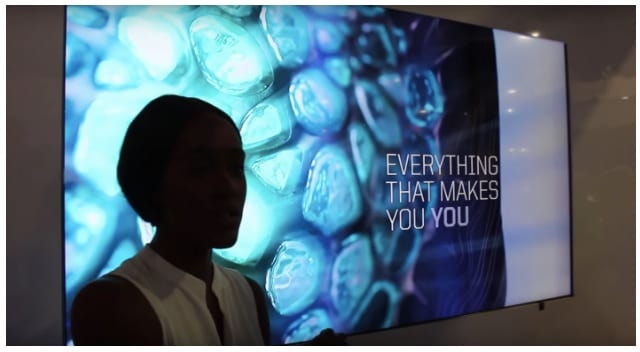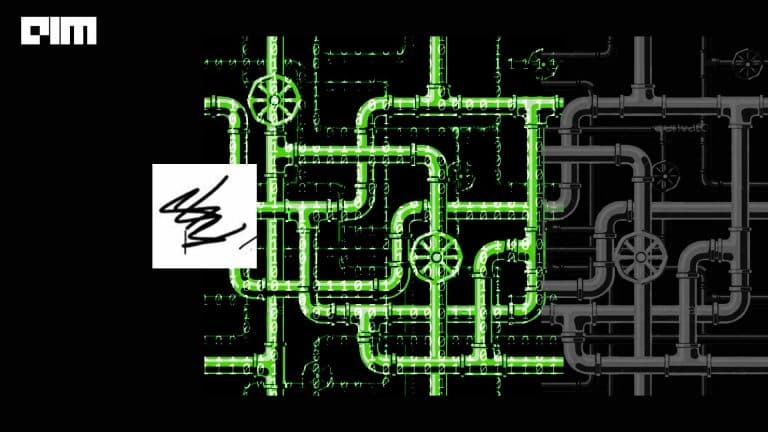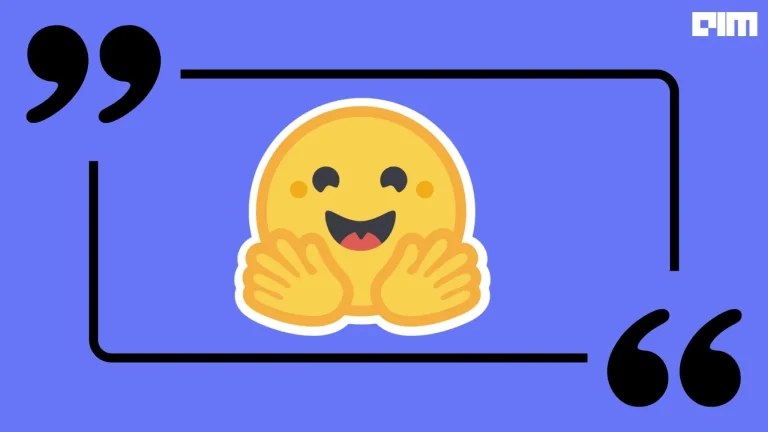What will happen if you upload your brain into a machine? Futurist and social scientist Robin Hanson has an interesting take on this — he believes that the future is not far when supercomputers would take over the global economy, making humans obsolete. Mind uploading as a topic has gained significant traction in the scientific communities and is pegged as the next stage after brain mapping and brain–computer interface (BCI). Harvesting of data through brain mapping is known as mind uploading. But this Altered Carbon-esque scenario is only possible after neuroscientists build the next generation of interfaces, powered by artificial intelligence which can capture and harvest data successfully and at the same time be safe and effective for human clinical use.
What was once relegated to science fiction is seeing a groundswell of support from the scientific community with the likes of Ben Goertzel, founder and CEO of SingularityNet and neuroscientist Randal A Koene, Patrick D Hopkins, Brandon Oto and Martin Rothblatt, among others, pursuing research in this area.
Earlier in 2016, Professor Stephen Hawking also stated that it is possible to upload minds, saying the brain is like “a programme in the mind, which is like a computer,” so it was “theoretically possible to copy the brain onto a computer and so provide a form of life after death.” This was about the same time when news broke out about Google looking into mind uploading in the future.
From Research To Solutions – Mind Uploading Is Open For Business
1) Koene’s research on mind uploading came out in 2014: As early as 2014, neuroscientist Koene’s gave a presentation at Transhuman Visions 2014 conference where theorised about uploading his brain into a computer. The modus operandi was simple — reducing the brain activity to computations and then into code. Armed with these insights, computer engineers are creating artificial neural networks which form associations and ‘learn’.
2) Nectome uploads brain to the cloud: Earlier this year in March, US biotech startup Netcome founded by MIT graduate Robert McIntyre stated that clinical human brain preservation has immense potential to benefit humanity, but only if it is developed in the light, with input from medical and neuroscience experts. The startup talked about a powerful research tool Vitrifixation, also known also known as ASC, which has been demonstrated to preserve the connectomes of animals, a promising first step towards demonstrating efficacy of connectome preservation in humans.
Vitrifixation’s efficacy at preserving biomolecules will be studied in the future. It further added that ongoing research is required in applying vitrification today would be extremely irresponsible and hurt eventual adoption of a validated protocol. The startup’s vitrifixation process also known as Aldehyde-Stabilised Cryopreservation won the Brain Preservation Prize for preserving a whole rabbit connectome, and they are now working to scale the preservation process to larger brains. Nectome believes their research can unlock a new era for neuroscience where brain preservation would be possible.
It Is A Field Fraught With Scientific Obstacles
One of the major factors why mind uploading technology has gained traction is to cure neurological and psychological diseases. Neuroscientists have long talked about the idea of alleviating incurable disorders such as Parkinson’s and Alzheimer’s Disease, and how nanobots can deliver insights about human body, and how skills and personalities can be stored in computers.
While MU, just like brain–computer interface can be a critical component for technological advancement and can pave the way for computerised intelligence, thanks to AI and augmented intelligence, it has its own limitations. However, Professor Rafael Yuste of Columbia University presented a reportedly valid argument. He talked about how neuroscientists can take physical substrate of cells which are connected inside this organ, to our mental world, our thoughts, our memories and our feelings as well.


























